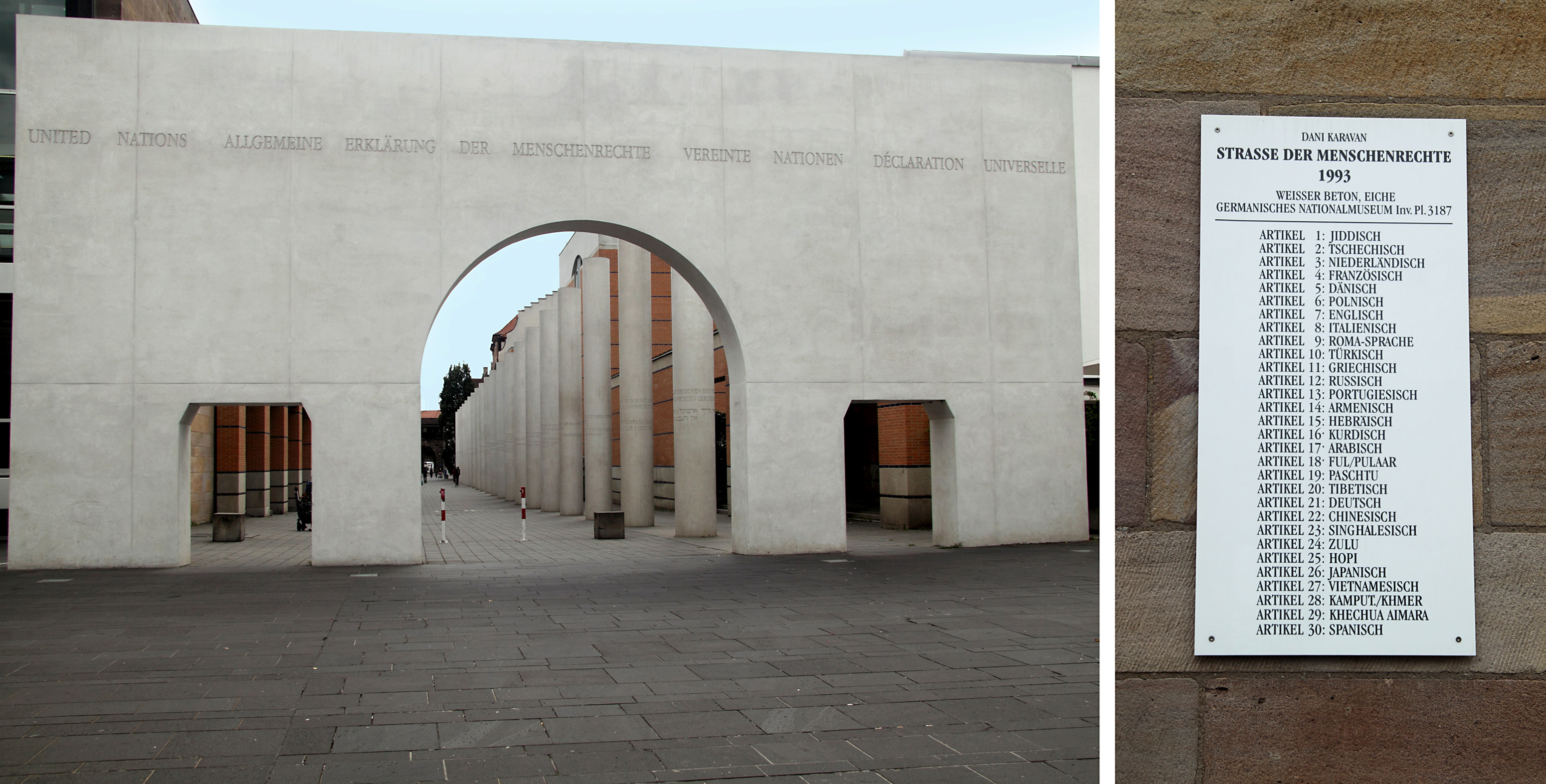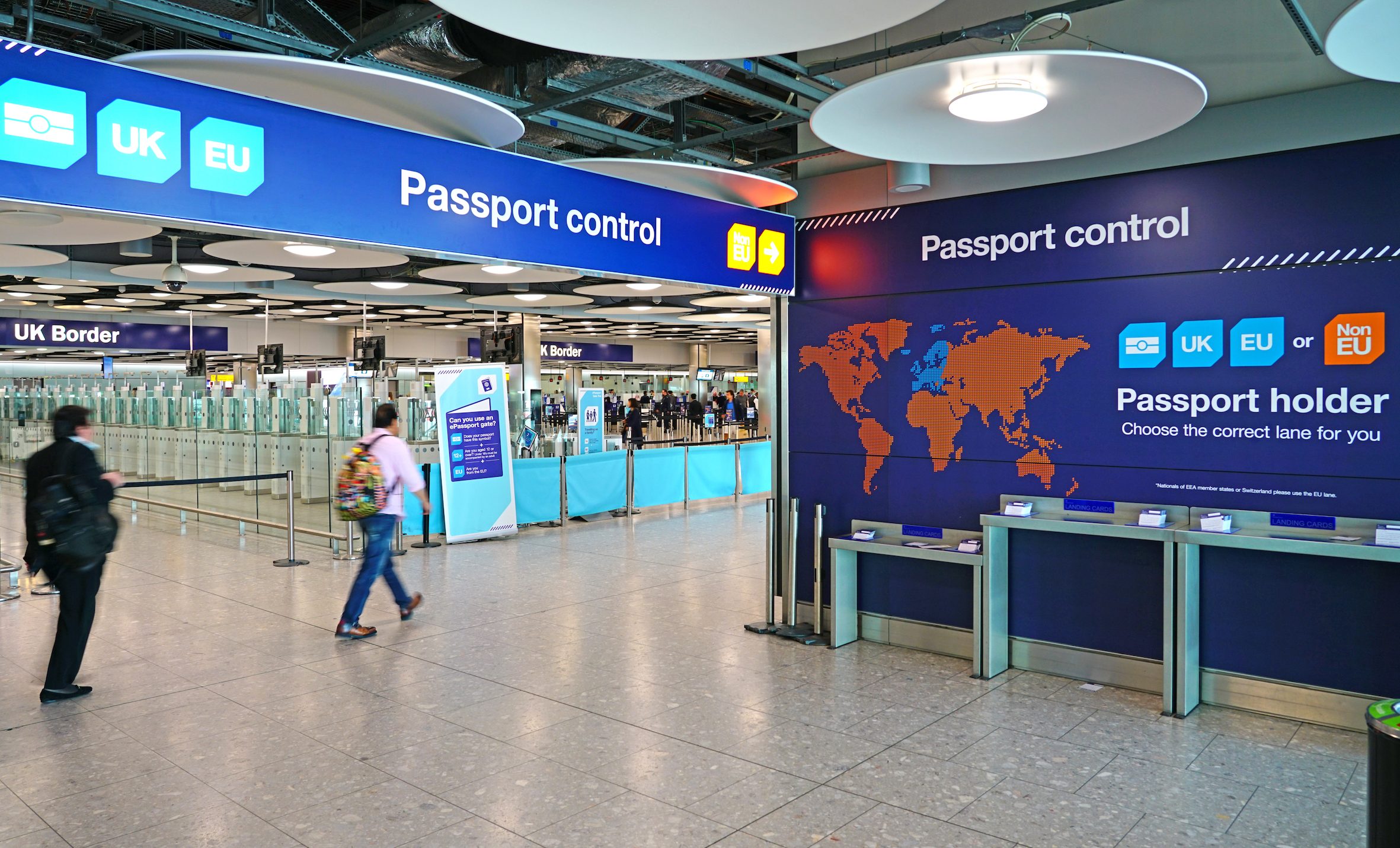Citizenship and the World Wars
The new citizen of today was created in reaction to the two World Wars of the 20th century and their context. In the First World War, the French and the British Empires, which had tolerated dual nationality, had to face the fact that some of their citizens were German and British or German and French, and would fight for the enemy. So they created a provision in their law for the denaturalisation, or the deprivation of citizenship, of these dual citizens who had broken their allegiance to the French or the British Empire. In 1906, the United States had already created a provision for denaturalisation, not for the same reason but to face the corruption that existed in the federal system of British citizenship in the United States. The three main democracies had thus instituted in their law the mechanism of denaturalisation.
Very soon, dictatorships created a massification of the same provision. In a democratic system, you could be denaturalised but only through an individual process and only a court could decide. With the emergence of the Soviet Union and then the Nazi regime, massive denationalisation of what the regime considered enemy citizens or racial enemy citizens was carried out. The same thing occurred in Turkey. Suddenly, the world was faced with hundreds of thousands, or millions, of people who had become stateless.
In reaction to these provisions and to the suppression of what was considered a fundamental human right, the Universal Declaration of Human Rights of 1948 was adopted by the United Nations. The Declaration proclaims many rights, but the only right that is, in fact, quite effective is the right to a nationality.
The only right which is totally effective is not to be a slave. This has been proclaimed by the Universal Declaration of Human Rights, and today there is no longer any country in the world whose law permits slavery. In international law, the legal consequence of not being a slave is to have the nationality of a country.
UN support for refugees
If you don’t have a nationality, then the UN provides you with a status if you are stateless, with protection if you formally have a nationality but you are not protected by your State, if you are a refugee. This is something the UN doesn’t provide if you are subjected, because of your gender or your race, to discrimination, for example. The UNHCR (United Nations High Commissioner for Refugees) provides anybody who is lacking the protection of the State or a nationality with a proxy of it.
The UNHCR office is a consulate of the people who have no consulate. Under the Geneva Convention for the protection of refugees and of stateless people, once these people gain protected status from the UN, they have the rights of the most protected foreign immigrants in the country where they have their residence. It shows you how nationality has become, as Hannah Arendt predicted, the basis of all the other rights you have in a society. Without a nationality, you need to claim the protection of the UN, which would give you a proxy of it. So, having a nationality has clearly become the basis of all your other rights, the basis of their guarantees.
So, there is this phenomenon that what is important for your rights is your nationality, but there is now also large-scale movement across the world because of tourism, work or more permanent migration. Never before has the world seen so much movement. Does this mean that this is the end of the phenomenon I’ve just described? Not at all. Let me give you an example.
Imagine yourself as an immigrant in a country where you have been residing for the last 30 years. For some reason, you never took the citizenship of the country where you reside and suddenly there is a crisis. It might be a natural disaster, the revolution, a coup: you need to flee. Where do you go? You go to the country that has given you a passport, and this country has a territory. So, even if you could renew your passport in the consulate of the country of origin, even if your children had the passport of your origin, in the case of a big crisis, where would you go? To the territory of the country you have the citizenship of. So, despite the fact that we have a phenomenon of exits, of travel, of living abroad, in the case of necessity, there is always a refuge in the territory of the country of your passport.
The importance of citizenship
There is another dimension to this new citizenship. In reaction to the massive denaturalisation that occurred in the aftermath of the First World War and in the context of the Second World War, many countries have declared denaturalisation or denationalisation either unconstitutional or illegal or have reduced its scope to a minimum. So, even if some denaturalisation has been resumed in recent years since the rise of international terrorism, if you look at the numbers, they are extremely low compared to the numbers of denaturalisation in the middle of the 20th century.
So, you have a securitisation of the status of citizens that has been guaranteed by the courts, giving a sort of document of security to those who can show their passport or their document of identity. Citizens of every country feel that. When a country like Mali or Benin or India decides to give a document of identity – now, this could be a document you get on your mobile phone, a mobile ID – people rush to get the documents because the document of identity permits you to circulate freely on the territory of your State, to leave your village and travel within the territory of your country, and it gives you the protection of the consulates of your country when you’re abroad. So, this document is the only evidence of your legal identity and of the right you can claim of protection by your State, whatever State it is.

